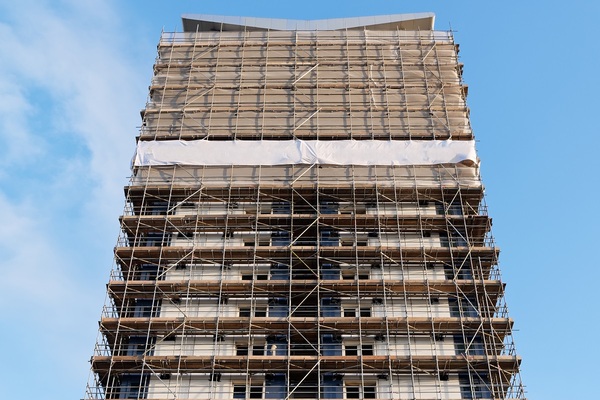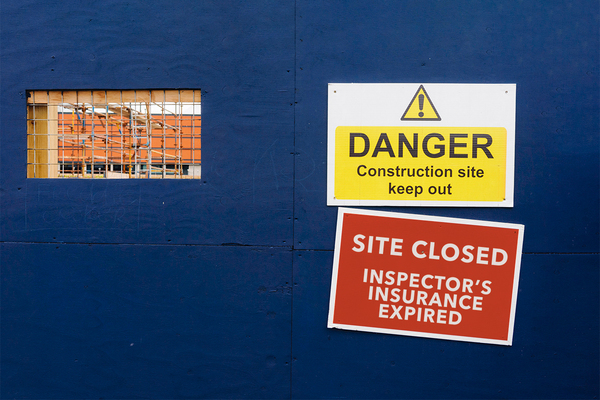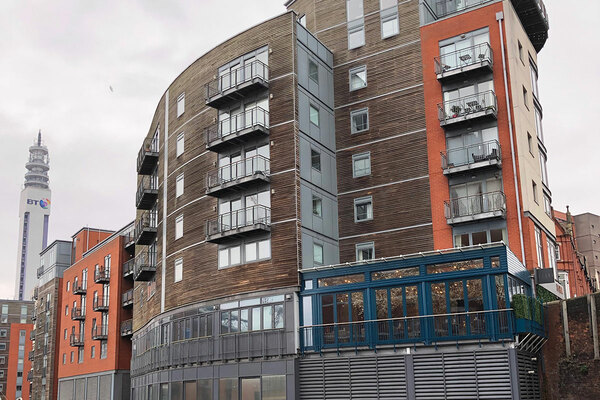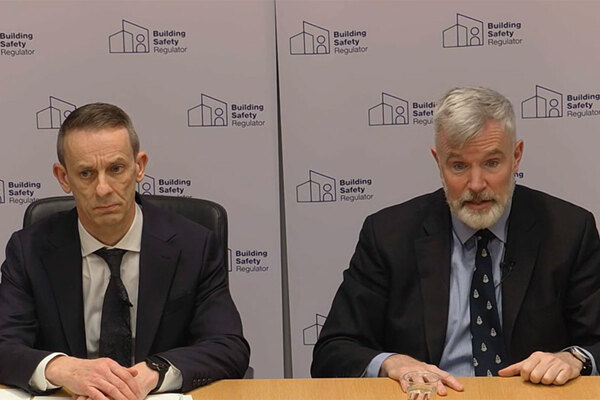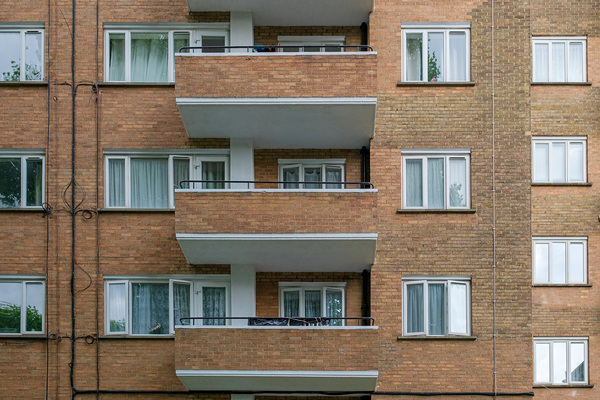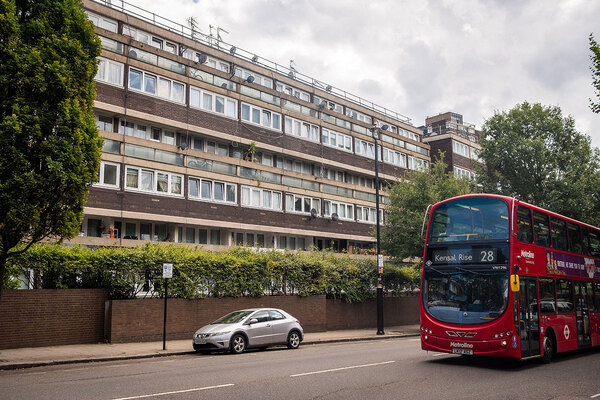You are viewing 1 of your 1 free articles
In the post-Grenfell landscape, the key to keeping insurance premiums low is knowing your assets
Insurers have been doing their homework on the safety of housing association stock in the aftermath of Grenfell, but the key to securing a good deal is knowing your stock and communicating clearly, writes Paul Francis
Following the Grenfell tragedy, insurers have been doing their homework on the housing association assets they cover.
This has been through risk improvement surveys and requests for more detailed information about asset values, especially with high-rise buildings.
Insurers are certainly not waiting for you to tell them about assets, which are most at risk from a significant loss. They have, already, done a lot of this work for themselves.
They expect housing associations to have followed the government’s guidance on inspecting constructed buildings to ensure they meet the correct fire safety standards.
Where inspections have taken place and where defects that require remedial work have been identified, the value of this work has been insured under their ‘works in progress’ policy.
Therefore insurers are receiving additional premiums while this work is taking place, and when they’re completed the risk is reduced.
Basically, this means that in the short term, there is generally no appetite from insurers to add to a housing association’s financial woes by changing the rate charged on the building.
And so long as insurers trust the information housing associations supply them and that any remedial work is completed, they are more likely to be supportive than punitive.
Where information isn’t available, or insurers doubt its validity or the progress being made under testing regimes, housing associations increase the likelihood of being penalised with higher premiums or excesses on individual assets.
In summary, if you know your assets, know their sums insured and keep communicating with insurers as transparently as possible around details of testing programmes and their associated test results, you should find in insurers a partner willing to support your existing risk financing arrangements rather than forcing change on them.
A word of warning, though. The current coronavirus crisis is expected to usher in a difficult insurance market. If this is the case, insurers will concentrate their minds on realising efficiencies within their business, especially those relating to their underwriting practices. So, leaseholders who already face high bills could see increasing premiums added to their costs.
Paul Francis, group insurance risk manager, Network Homes
Related stories
